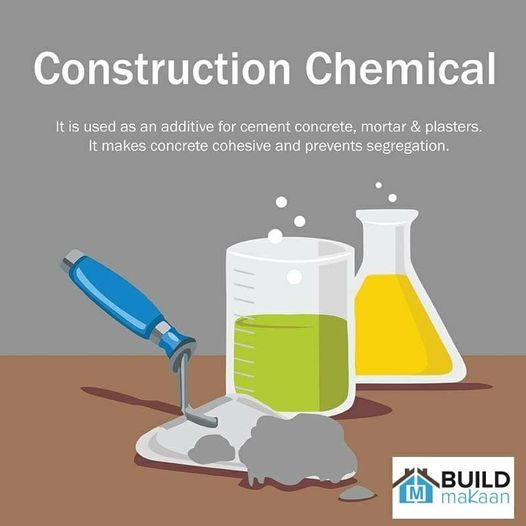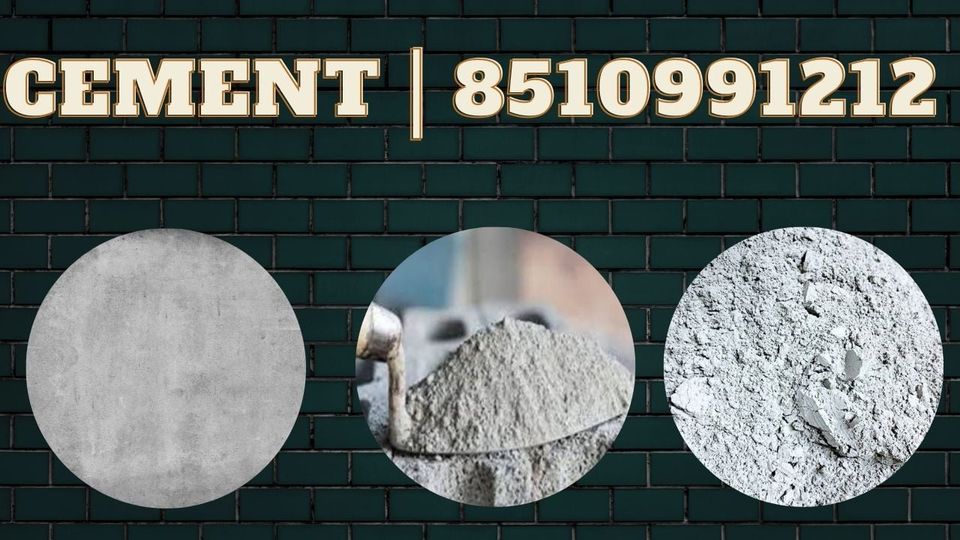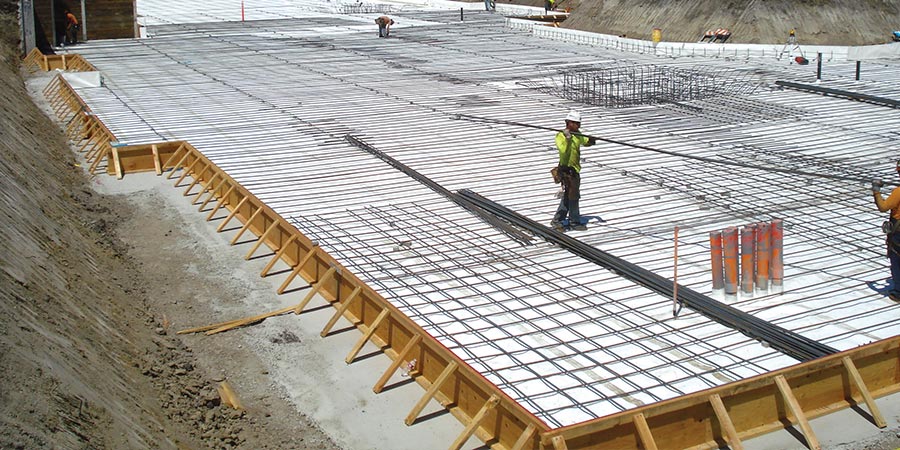Which Cement Company Is Best For Waterproofing cement?
Today’s waterproofing cement isn’t the same boring product that your great-grandfather used to shore up the foundation of his house. Today’s cement has been engineered to be specifically effective at waterproofing and protecting against hydrostatic pressure, and will also look nice in your kitchen remodel. But with all of the different brands on the market, it can be difficult to figure out which one would be best for you and your needs. Here are some things to consider when choosing which cement company is best for waterproofing.
Why Use Portland Cement?
Portland cement is a popular option for waterproofing projects because it cures relatively quickly. The mixture turns from liquid to solid in just one or two days, depending on local weather conditions and atmospheric pressure. Since you won’t need to wait very long for Portland cement to set and harden, your contractor will be able to move on to other tasks during that period and complete your waterproof concrete project much more quickly than with other types of cement.
How to choose the right waterproofing cement?
When waterproof concrete your basement or outdoor patio, choosing which cement company to hire is one of the most important decisions you will make. This decision can be made much easier by learning more about each type of cement used for waterproofing applications. Once you learn what makes one cement better than another, you’ll be able to determine which waterproofing method best fits your budget and needs. Here are some things to consider
Some popular waterproofing cements
If you are looking for waterproofing cement that provides maximum protection in all kinds of weather, consider using Black Jack cement. Formulated to withstand freeze-thaw cycles and harsh conditions, it’s also easy to apply and protects against water penetration better than most cement on the market.
If you’re looking to cementitious waterproofing your basement, there are several steps you’ll need to take before applying any cement. Before we start talking about which waterproofing cement will best suit your needs, let’s first look at why water is getting into your basement in the first place. Common sources of water coming into a home include roof leaks, plumbing leaks, and condensation

Top 5 waterproof cement in India
- ambuja kawach cement
- ultratech weather plus cement
- shree roofon cement
- jk weather shield cement
- acc gold waterproof cement
How to get it right?
Many cementitious waterproofing solutions are available, from a couple of coats of paint or sealant to full-on basement or foundation waterproofing. So how do you know which solution will work best for your needs? A waterproofing company can help guide you through all of your options. They’ll test your home and use a variety of methods to pinpoint exactly where water is getting in and why.
waterproofing cement benefits
How to waterproof a house? When it comes to waterproofing your home, you’ve got a couple of options. You can hire professionals and pay them big bucks or you can do it yourself, saving your hard-earned money and learning something new in the process. If you’re like most homeowners, though, chances are good that you won’t consider tackling such a big project without some professional advice on what cement company is best for waterproofing jobs.
waterproofing cement disadvantage
The disadvantage of using cement as a water barrier is that it can’t be painted, so to maintain aesthetic appeal, you’ll have to use an entirely different method for waterproofing (although there are spray-on options that work well). Most commonly, companies mix cement with sand and rocks or polymers and pour it into a trench to seal out water. The process is relatively inexpensive but labor-intensive. You must dig up an area approximately one foot deep by one inch wide around your foundation’s perimeter.
When you’re looking for waterproofing cement, there are several factors to consider. One such factor is whether or not you want to reuse your membrane after you’ve finished waterproofing a section of your home. Most of these membranes will be reusable once thoroughly cleaned, but some cannot be used again. In most cases, however, it’s better to err on the side of caution and use new materials instead of attempting to repurpose old ones.
Waterproofing cement it too coastally.

What if you have questions?
If you ever have questions about any of our services, you can contact us 8510991212 info@buildmakaan.in at any time and we’ll do our best to answer your queries. We also offer emergency service 24 hours a day in case of an accident or emergency; call us as soon as possible so we can get to work on repairing your home quickly. Each cement company has its protocols for handling cementitious waterproofing jobs; these are usually set by local ordinances.

